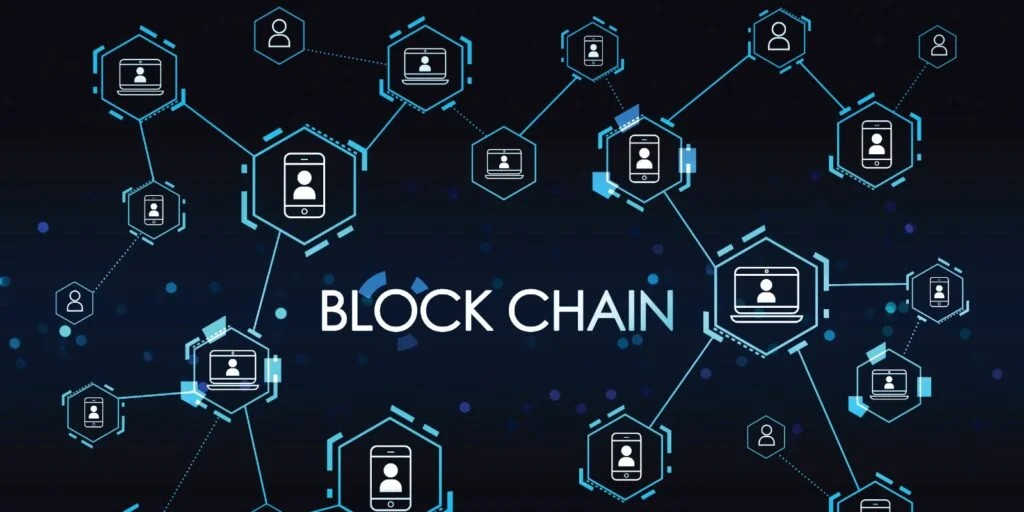In the ever-evolving landscape of blockchain technology, there’s a common misconception that all blockchains require tokens to function effectively. However, this belief overlooks the diverse purposes and functionalities of different blockchain networks. Let’s delve into this intriguing topic and explore whether tokens are truly a necessity for all blockchains.
Understanding Blockchain Tokens
Before we delve deeper, let’s clarify what blockchain tokens are. Tokens are digital assets that are created, managed, and exchanged within a blockchain ecosystem. They can represent various things, including currencies, assets, utility, or even ownership rights within a specific platform or application.
The Role of Tokens in Blockchain Networks
Tokens play a vital role in many blockchain networks. They can incentivize network participants, facilitate transactions, enable governance mechanisms, and even represent ownership of digital or physical assets. In platforms like Ethereum, tokens are fundamental to powering decentralized applications (DApps) through smart contracts.
However, it’s essential to recognize that not all blockchains operate under the same model. While tokens are prevalent in many blockchain projects, they are not an inherent requirement for the functionality of a blockchain network.
Tokenless Blockchains: Myth or Reality?
Contrary to popular belief, there are blockchain networks that operate without native tokens. One notable example is the IOTA Tangle, which utilizes a unique architecture called Directed Acyclic Graph (DAG) instead of a traditional blockchain. In the IOTA ecosystem, transactions are validated by participants who confirm two previous transactions, eliminating the need for miners and native tokens.
Similarly, some permissioned blockchains, such as Hyperledger Fabric, are designed for enterprise use cases where tokens may not be necessary. These blockchains prioritize privacy, scalability, and interoperability within a closed network of trusted participants, often without the need for a native token.
Factors Influencing the Need for Tokens
The necessity of tokens in a blockchain network depends on various factors, including its intended use case, consensus mechanism, governance model, and target audience. While tokens can provide valuable incentives and functionality in certain scenarios, they may not be suitable or required for every blockchain project.
For example, blockchain networks focused on supply chain management or identity verification may prioritize data integrity and privacy over token-based incentives. In such cases, the absence of native tokens does not hinder the effectiveness of the blockchain solution.
Conclusion
In conclusion, the notion that all blockchains require tokens is a myth that overlooks the diversity and versatility of blockchain technology. While tokens play a crucial role in many blockchain networks, there are instances where they are not necessary or even advantageous. As the blockchain space continues to evolve, it’s essential to recognize that different projects may adopt diverse models, including tokenless architectures, based on their specific requirements and objectives.
By understanding the nuanced dynamics of blockchain ecosystems, we can appreciate the myriad possibilities and innovations that drive this transformative technology forward. Whether with tokens or without, blockchain remains a powerful tool reshaping industries and revolutionizing the way we interact with digital assets and data.

